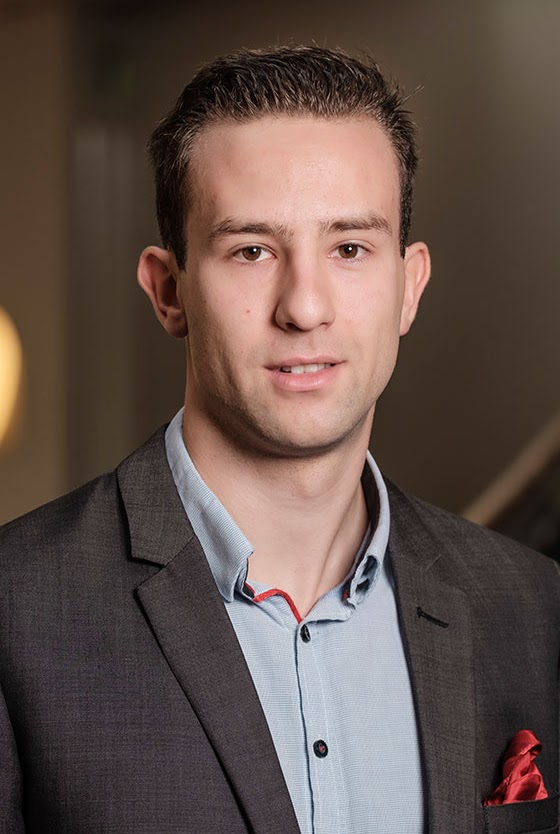Most of the unethical research behavior (which I do think are occurring more frequently) can likely be easily addressed by the changing the academic promotion and salary structure. This country has an unhealthy obsession with productivity that is ruining everything...most of all quality.
And the way they operationalize 'productivity' can actually be the
opposite of productivity.
The VA measures 'productivity' of its psychotherapists as how many RVU's they earn per unit time. It's 'easy to measure.' Takes no work on the part of supervisors.
Sounds plausible on its face.
But the realities of VA practice are tricky here.
You can have your clinics backed/locked up for the next three months with de facto 'case management (as opposed to active psychotherapy)' cases and your RVU measured 'productivity' looks awesome. But you could go an entire year and only 'clear' (if any) maybe 5-10 patients from your caseload. Hell, I've seen people scheduling patients
five months out between appointments. That's like...two sessions per year, even if they perfectly attend.
Meanwhile, you could have a therapist working hard to get people in/out of their caseload by scheduling everyone weekly.
There are many veterans 'in therapy' who aren't actually engaging in the therapy.
The
only way to get these people to leave your caseload is to hold them/you accountable for doing active therapy and meeting on a weekly basis and documenting your attempts to engage them and provide therapy.
Most of these patients
will eventually
passively drop out of therapy but it takes time and it takes (often) a good number of cancelled/no-show appointments. Which hurts your 'productivity.' Even though you're
actually being productive as Hell as a psychotherapist.
Which psychotherapist is the more 'productive?'
Psychologist A who clears 100 cases from their caseload over 12 months or
Psychologist B who has every slot filled for the next three months but has only cleared 10 cases over the past 12 months?
Under the current system, Psychologist B looks more 'productive'
I'll go out on a limb and call this a problem.
If you are a manager of a podunk Piggly Wiggly grocery store or a fast food franchise, you're responsible for conducting some basic analyses for coverage (of staff shifts), inflow/outflow of inventory, etc. to ensure everything doesn't 'seize up.' If you don't, you're out of a job.
Meanwhile, we have several layers of GS-14 and GS-15 supervision in 'mental health product line' operations who--to my knowledge--haven't conducted a single analysis of how many FTE's we need to cover the numbers of patients demanding psychotherapy and our ability to get them in/out/through a 'course of psychotherapy' (or, as they love to say, 'episode of care.').
So many bobbleheads are chanting, 'episode of care...episode of care...episode of care' as the next 'Big Thing' idea on par with splitting the atom or cold fusion that leadership has innovated...
But no one has done a fifth-grader level of arithmetic/analysis of the above.

 retractionwatch.com
retractionwatch.com

 retractionwatch.com
retractionwatch.com

